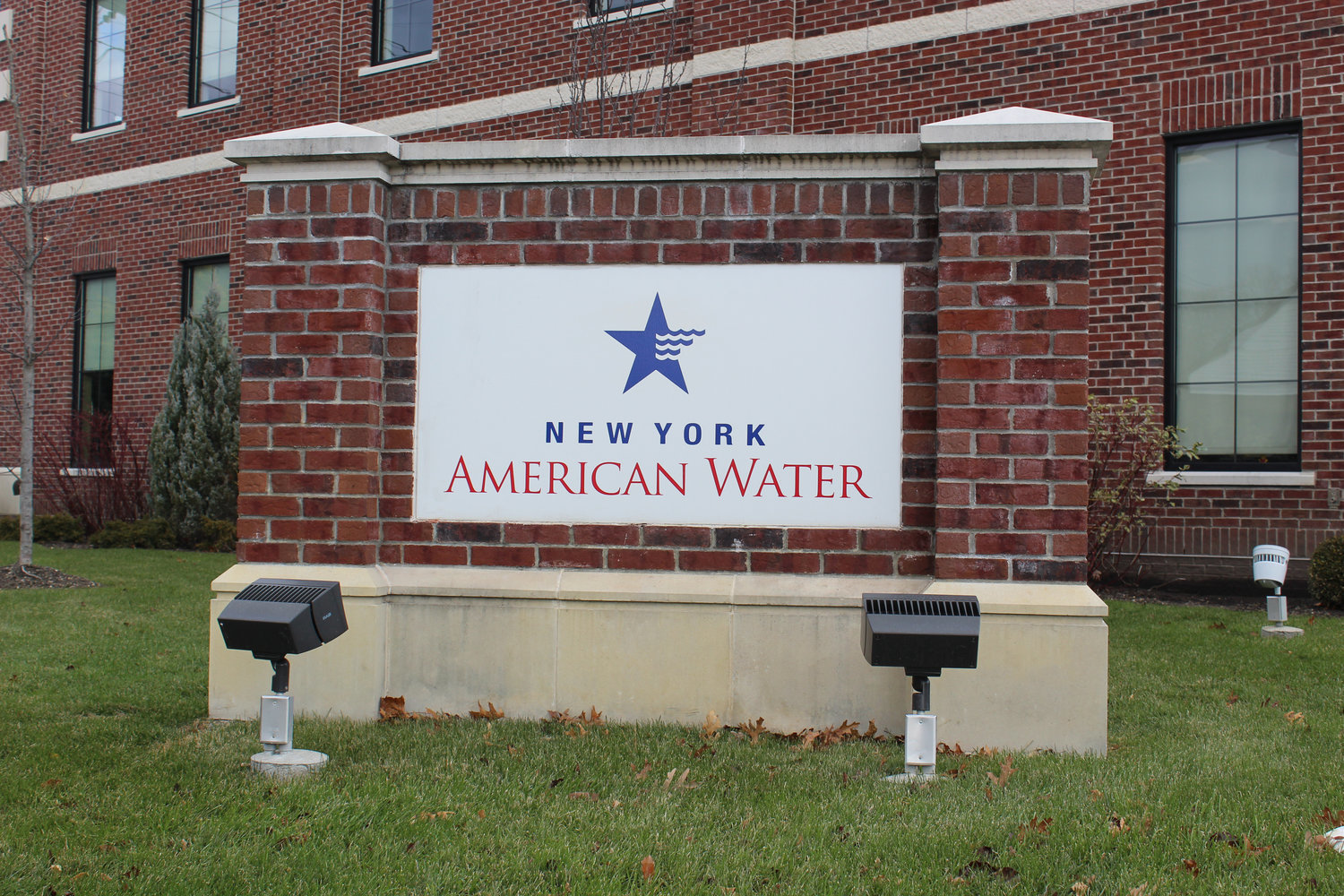Pols, advocates ask for alternatives to NYAW sale
Since American Water Works Co. announced last November that it would sell its New York operation to Liberty Utilities, elected officials and advocacy groups have sought alternatives to the plan, arguing that the 120,000 Nassau residents the private water company serves deserve a more feasible option.
Liberty, a sub-utility of Canada-based Algonquin Power & Utilities Corp., is expected to close the $608 million acquisition this summer, which requires approval by the state Public Service Commission. According to NYAW external affairs manager Lee Mueller, the sale “is in our customers’ best interest.”
State Sen. John Brooks, a Democrat from Seaford, disagrees. Since the announcement, he has met with various stakeholders to discuss possible alternatives to the sale. “It’s critical to examine all the possible options . . . to see what’s the best option for the customers of New York American Water,” Brooks said.
The senator told the Herald last August that he would consider drafting legislation for a feasibility study to assess whether the Suffolk County Water Authority — a public entity — could take over NYAW’s Nassau service areas. He contends that with SCWA providing management of the water system, ratepayers in Nassau could see reduced rates and improved service.
The bill is “still a work in progress,” he said, as such an acquisition would also require PSC approval. Brooks is now trying to meet with members of the PSC to discuss the proposed sale, and offer alternatives.
In arguing for a public takeover, Brooks has placed particular focus on the inequitable tax system that exists between public and private water companies. Under state law, water companies that are regulated by the PSC, and that operate in cities of a million people or more, are exempt from paying property taxes. The law, however, does not apply to counties. So, a Nassau County-based water company like NYAW must pay property taxes, and that expense is then passed on to ratepayers.
In her statement, Mueller said, “property taxes . . . make up 33 to 59 percent of our customers’ bills.”
In this vein, some public water districts have floated the possibility of absorbing neighboring NYAW operations. Brooks said the Massapequa Water District has shown “a high level of interest” in acquiring NYAW’s customers and infrastructure in nearby East Massapequa. And on the North Shore, state Sen. Jim Gaughran, a Democrat from Northport, plugged his bill to establish a water authority for customers in the Sea Cliff district.
Gaughran, who, before becoming a senator, chaired the SCWA for eight years, said private districts in Suffolk would join the authority to get “purer water at a reduced cost.” He acknowledged Nassau’s problems — citing multiple districts’ struggles with emerging contaminants and saltwater intrusion — but said Brooks’ concept may not be the best solution for all 120,000 NYAW ratepayers.
David Denenberg and Claudia Borecky, the co-directors of Long Island Clean Air Water and Soil, met with Town of Hempstead Supervisor Donald Clavin last Tuesday to request a feasibility study that would assess whether the town could acquire NYAW’s operations.
In a statement, town spokesman Greg Blower said the board is “analyzing the results of past feasibility studies . . . regarding the public takeover of private utilities,” including “the findings of the Southeast Nassau Water Authority, which concluded a study of a public takeover of New York American Water in 2016.”
“We have to recognize the financial cost of New York American Water, and how challenging it is to the homeowners in the district,” Brooks said.
Follow the Herald for more on this story as it develops.






